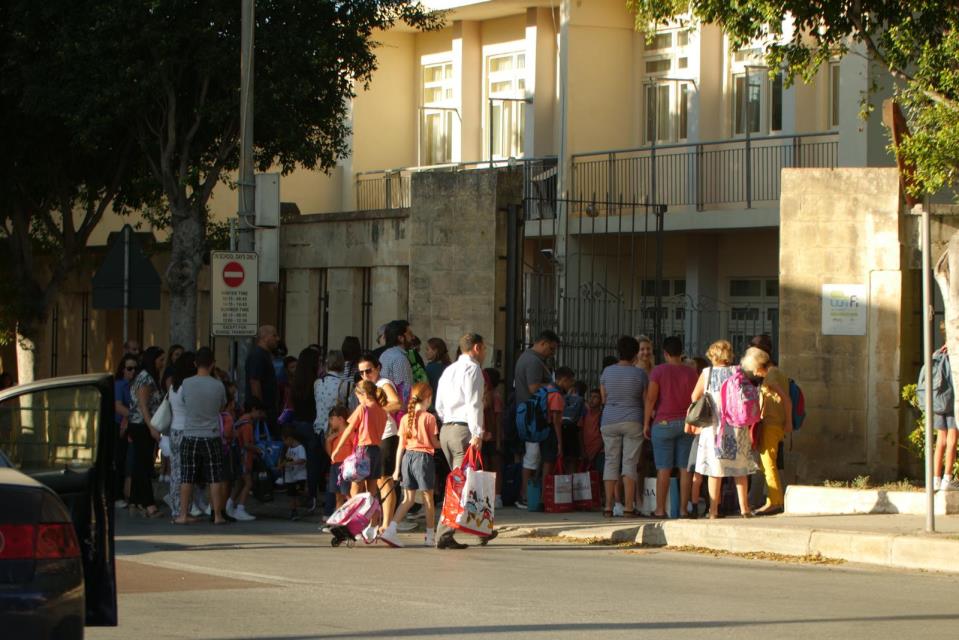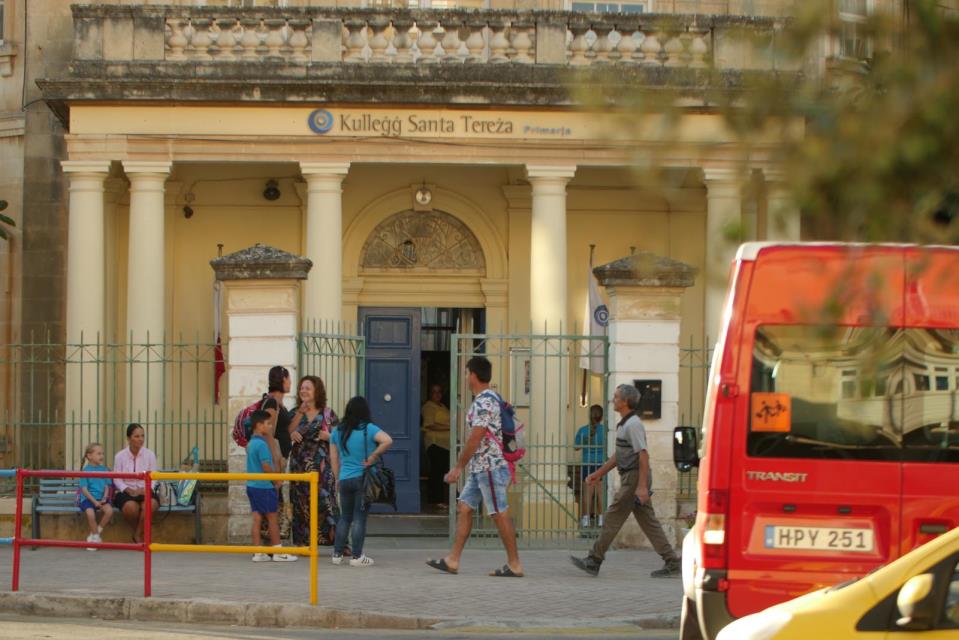School protocols address principal points but implementation stages will make the difference, the Maltese Association of Parents of State School Students (MAPSSS) President Glorianne Borg Axisa told The Malta Independent.
Last Wednesday, the MEDE and the Superintendence of Public Health announced the COVID-19 guidelines that primary and secondary schools have to abide by as they reopen for the coming scholastic year.
Prior to their release, uncertainty about the protocols had caused much controversy due to the concerns that numerous students, teachers and also parents had about schools reopening, seeing that the pandemic is still quite prominent in Malta.
The Malta Independent spoke with MAPSSS, which had released a document outlining various questions and recommendations for the government and the authorities to consider when formulating the guidelines.

Association President Borg Axisa said that in principle the points raised by MAPSSS have been addressed, however the details on the implementation stages will make the difference.
“The shift from the guidelines on paper, to regular practices that we, as a community, need to embrace will require efficient communication between the different stakeholders, understanding and goodwill,” she said.
For this reason, the Association strongly recommends that the MEDE communicates with parents in a wider and more consistent manner at different levels.
Read more: Education Ministry in talks with school transport companies on COVID-19 protocols – Fabri
Borg Axisa understands that this is an extraordinary time that needs equally extraordinary communal effort for the wellbeing of children, their educators and the community at large.
In light of this, MAPSSS said that the MEDE should consider having formal announcements, protocols and guidelines made public on national television and radio, rather than limiting them to the Ministry’s website or Facebook pages.
Additionally, this should be done in both official languages and any other languages with the help of cultural mediators to reach out to parents who might have language barriers.
“We are in this situation together and we need to collaborate in the best interest of our children.”
Having said this, the Association is pleased to see that the Ministry’s decision to have each school use only one online learning system (at the choice of the educators), shows that it has understood the need for standardisation in the use of online tools.
In its guidelines, the MEDE explained that schools will be bi-directional, in the sense that teachers need to be prepared for a switch between the three scenarios (completely physical school attendance, completely virtual teaching, or a hybrid model) as required.

The Malta Independent asked the Association if it thinks this would pose a problem for parents, if learning was to be transferred online once again.
Borg Axisa said that the Association understands the MEDE’s responsibility for both the education and employment sectors and has asked the Ministry if it has a plan to provide financial assistance to parents in case of a mandatory quarantine.
MAPSSS also considered whether guidelines and agreements are being discussed with employer associations in order to support parents who might need to be more flexible at work.
It put an emphasis on children of frontline personnel, saying that the MEDE must ensure they are still provided with adequate day care and appropriate organisation to allow them to follow the curricula during their parents’ legal working hours.
Flexibility is a key aspect
Another notable COVID-19 school protocol involves a staggered approach to arrivals and departures from schools which indirectly means that some parents and their children will have to wake up earlier and leave school later than usual.
When asked about her view on this measure, Borg Axisa once again mentioned that the situation is extraordinary, and said that this makes flexibility a key aspect in the current situation.
“This should not only apply to the direct stakeholders of the education system, but even on a larger scale to include the employment sector,” she said.
Borg Axisa pointed out that the schooling experience of the students in the coming scholastic year will not depend only on these protocols, and drew attention to the students who “disappeared off the radar”.
The Association believes that disadvantaged and marginalised children, including children from low income families and migrant children in open centres, should have guaranteed access to the necessary hardware and software, as well as internet access, to benefit from proper schooling.
All students should also be supported on a psychological level due to the negative impact of the pandemic on their mental health, as suggested in several academic research papers.
Considering the current uncertainties, MAPSSS also believes that the mandatory introduction of school uniforms in specific years should be postponed with the choice being left in the hand of the parents, so that flexibility is encouraged. Additionally, children who are considered vulnerable or who may not be attending school because they live with vulnerable people, should still be provided personal assistance from the school.